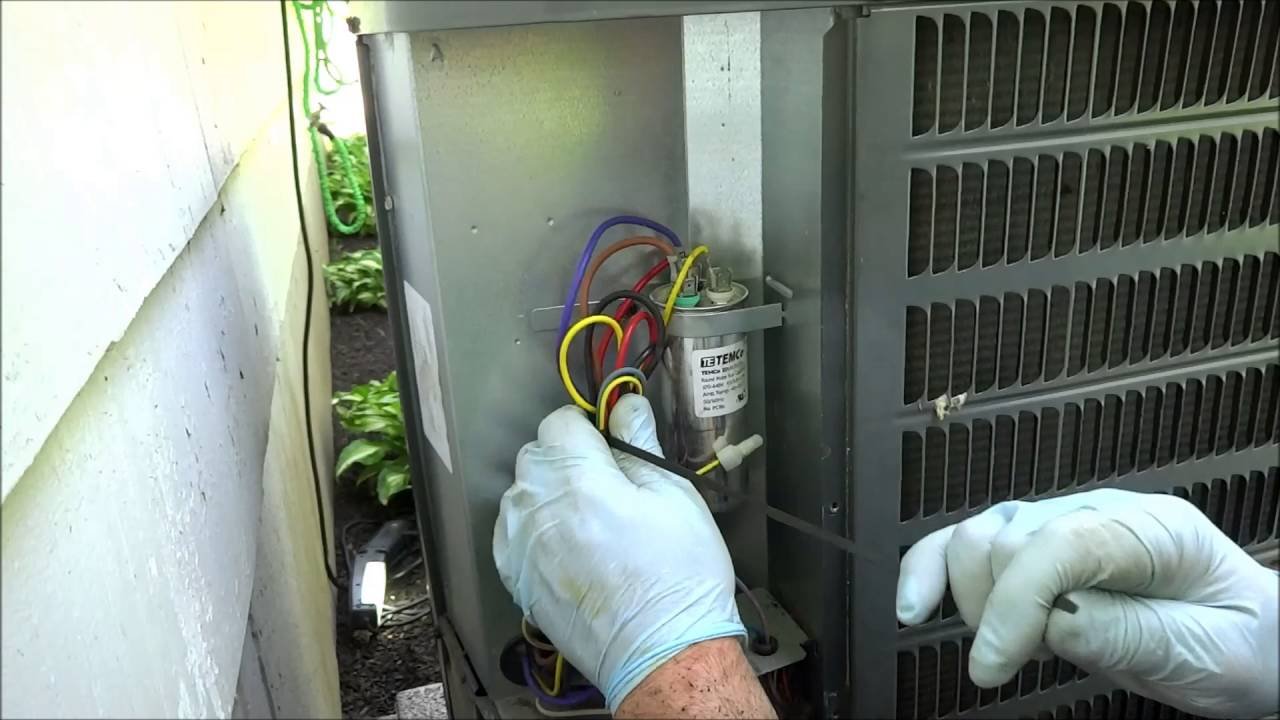A malfunctioning refrigerator can disrupt your household routine, causing food spoilage and unnecessary stress. If your refrigerator isn’t cooling properly, identifying the issue promptly can save you from expensive repairs. This guide will walk you through effective troubleshooting steps to restore your appliance’s cooling performance.
Common Causes of Refrigerators Not Cooling
Before diving into fixes, understanding potential causes can help narrow down the problem.
1. Dirty Condenser Coils
Over time, condenser coils accumulate dust and debris, restricting airflow and reducing cooling efficiency.
2. Faulty Evaporator Fan
The evaporator fan circulates cold air inside the refrigerator. If it malfunctions, cooling becomes uneven or non-existent.
3. Thermostat Settings
Incorrect thermostat settings may prevent your refrigerator from cooling adequately.
4. Blocked Air Vents
Obstructed air vents impede airflow, leading to improper cooling.
5. Low Refrigerant Levels
Refrigerant is essential for cooling. A leak or insufficient levels can significantly impact performance.
Step-by-Step Troubleshooting Guide
1. Check the Thermostat
Ensure the thermostat is set to the recommended temperature (usually 37°F for refrigerators and 0°F for freezers). Sometimes, accidental adjustments can cause cooling issues.
2. Inspect Condenser Coils
Dirty coils can cause overheating. Here’s how to clean them:
- Turn off the refrigerator and unplug it.
- Locate the coils, usually at the back or bottom.
- Use a brush or vacuum to remove dirt and debris.
- Plug the refrigerator back in and monitor its performance.
3. Ensure Proper Airflow
- Reorganize stored items to avoid blocking air vents.
- Maintain adequate spacing between items for better circulation.
- Check for frost buildup near vents and defrost if necessary.
4. Test the Door Seals
A damaged or loose door seal can let cold air escape. To test:
- Close the door on a piece of paper.
- If you can pull the paper out easily, the seals need replacement.
- Contact a professional refrigerator repair service if the seals require expert attention.
5. Verify the Evaporator Fan
The evaporator fan plays a crucial role in maintaining cooling:
- Listen for unusual noises, which may indicate a faulty fan.
- If the fan isn’t spinning, consult a technician for replacement or repair.
6. Look for Refrigerant Leaks
Refrigerant issues require specialized handling. If you suspect a leak:
- Check for oily residue near the coils.
- Contact a professional refrigerator repair service to address the issue safely.
7. Assess Power Supply
Ensure the refrigerator is plugged in and receiving power. Test the outlet with another device to confirm functionality.
When to Call a Professional
If the above steps don’t resolve the issue, it’s time to seek expert help. A professional refrigerator repair technician can diagnose complex problems, such as compressor failures or electrical issues, ensuring your appliance is restored efficiently.
Preventive Maintenance Tips
1. Clean Coils Regularly
Keep condenser coils clean to enhance efficiency.
2. Monitor Door Seals
Inspect door seals periodically and replace them if worn out.
3. Avoid Overloading
Overloading your refrigerator can block airflow and strain components.
4. Defrost Periodically
Manual defrosting prevents ice buildup that can hinder cooling.
5. Schedule Annual Maintenance
A routine check-up by a professional refrigerator repair service can help identify and prevent potential issues.
FAQs
Why is my refrigerator making a buzzing noise and not cooling?
A buzzing noise often indicates an issue with the compressor or a blockage in the cooling system. Contact a professional refrigerator repair service to diagnose and fix the problem.
Can I fix a refrigerator refrigerant leak myself?
No, handling refrigerant requires specialized tools and expertise. It’s best to leave this task to a certified professional refrigerator repair technician for safe and effective repairs.



